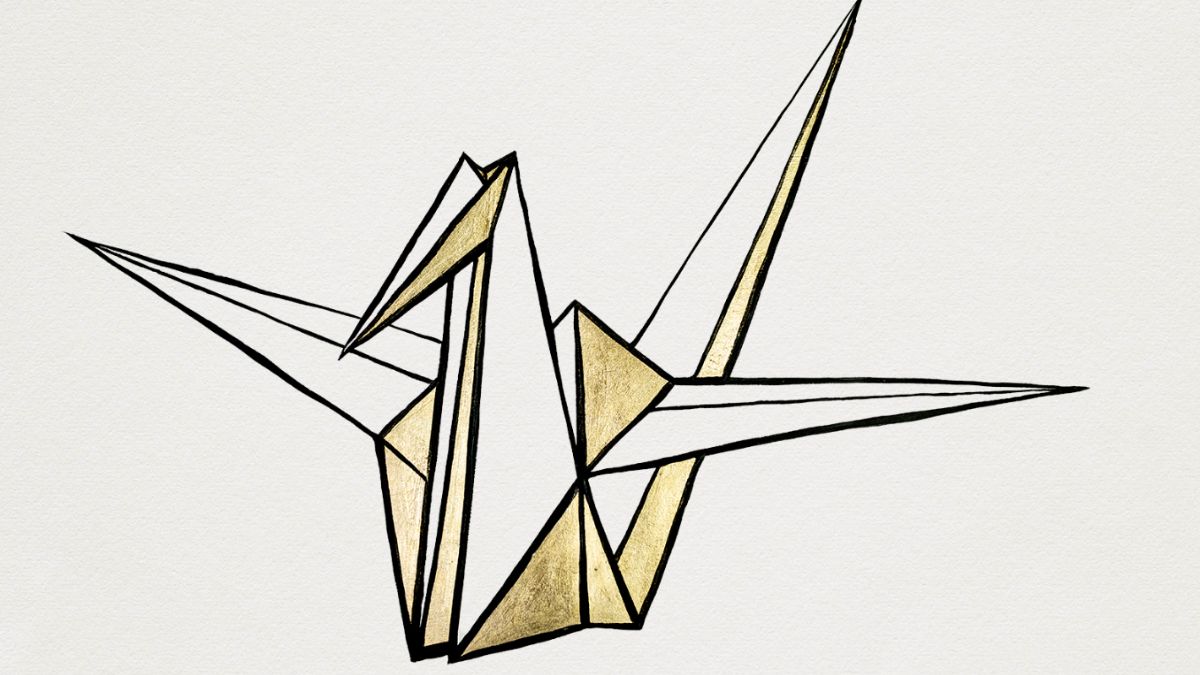Today's Knowledge Nugget: Nihon Hidankyo
)
In news, why?
The Japanese organization Nihon Hidankyo has been selected by the Norwegian Nobel Committee to receive the Nobel Peace Prize in 2024.
Important Takeaways:
According to the Norwegian Nobel Committee's citation, Nihon Hidankyo was given the award for its "efforts to achieve a world free of nuclear weapons and for demonstrating through witness testimony that nuclear weapons must never be used again."
The members of Nihon Hidankyo are survivors of the 1945 American atomic bombings of Hiroshima and Nagasaki. Numerous survivors, referred to as "Hibakusha" or "people affected by the bomb," led the international effort to ban nuclear weapons.
Nuclear disarmament is a global movement in which the Hibakusha has been central. Nihon Hidankyo, which was established on August 10, 1956, calls itself “the only nation-wide organization of A-bomb survivors of Hiroshima and Nagasaki.” The wellbeing of the Hibakusha, the abolition of nuclear weapons, and just compensation for the victims are its primary goals.
The testimony of Hibakusha has increased "awareness about the catastrophic humanitarian consequences of using nuclear weapons," according to the Nobel Committee.
The Norwegian Nobel Committee stated in a press release that this year's award represents the preservation of a custom known as "the nuclear taboo" in the midst of widespread turmoil around the world.
The establishment of the nuclear taboo, which has prevented the use of nuclear weapons since 1945, is thanks in part to the efforts of organizations like Nihon Hidankyo. The fact that this taboo is currently "under pressure" is one of the factors influencing the Nobel Committee's decision this year.
Notably, the winners this year represent the most recent additions to a long history of Nobel laureates who have championed weapons control and nuclear disarmament. Since 1901, the cause has received at least ten Nobel Peace Prizes. As an illustration,
The International Campaign to Abolish Nuclear Weapons (ICAN) won the Nobel Peace Prize in 2017 in recognition of its groundbreaking work toward a treaty-based ban on nuclear weapons as well as for bringing attention to the terrible humanitarian effects of these weapons.
Since 1967, all of Latin America has been free of nuclear weapons. Alfonso García Robles, who received the 1982 Nobel Peace Prize, was instrumental in the formation of the Treaty of Tlatlelolco, which was ratified by fourteen nations.
After World War II, the Japanese people's desire for peace was embodied by Prime Minister Eisaku Satō. He received the Nobel Peace Prize in 1974 after signing the Nuclear Arms Non-Proliferation Treaty (NPT) in 1970.
The Nobel Peace Prize 2023 was given to Iranian activist Narges Mohammadi last year "for her fight against the oppression of women in Iran and her fight to promote human rights and freedom for all."
BEYOND THE NUGGET: "Fat Man" and "Little Boy"
The US destroyed Hiroshima with a weapon known as "Little Boy" on August 6, 1945. The devastation was unbelievable. The Manhattan Project website maintained by the US government stated, "Those nearest to the explosion killed instantaneously, their bodies transformed to black char... Almost every building within a mile of Ground Zero was demolished. Over 70,000 individuals lost their lives in an instant, and the death toll eventually rose to over 100,000.
The US then dropped "Fat Man" on Nagasaki on August 9, killing at least 40,000 people in an instant and tens of thousands more in the following days and weeks, before the extent of the devastation could even be realized.
Given the high human cost of dropping the bombs, the US choice has now come under fire from both strategic and moral standpoints. However, as major powers raced to create their own nuclear weapons as a deterrent to the American one, the bombs permanently altered the course of history. A worldwide campaign for nuclear disarmament resulted from this.
2024 Nobel Prize in Literature
The Nobel Academy announced on Thursday, October 10, that South Korean writer Han Kang has won the Nobel Prize for Literature 2024 "for her intense poetic prose that confronts historical traumas and exposes the fragility of human life."
Remarkably, the Nobel Press Conference states that Han Kang is the first writer from South Korea to receive the honor.
Established in Stockholm, Sweden, the Swedish Academy bestows the Nobel Prize in Literature. The literature prize has only been shared by several people four times in its existence.
Notably, Jon Fosse took home the esteemed award the previous year. The Norwegian playwright, novelist, and children's book author was praised by the Nobel Literature Committee for providing "voice to the unsayable."
Previous recipients of the prize include American poet and essayist Louise Glück (2020), Austrian writer Peter Handke (2019), Tanzanian novelist Abdulrazak Gurnah (2021), and French author Annie Ernaux (2022).
